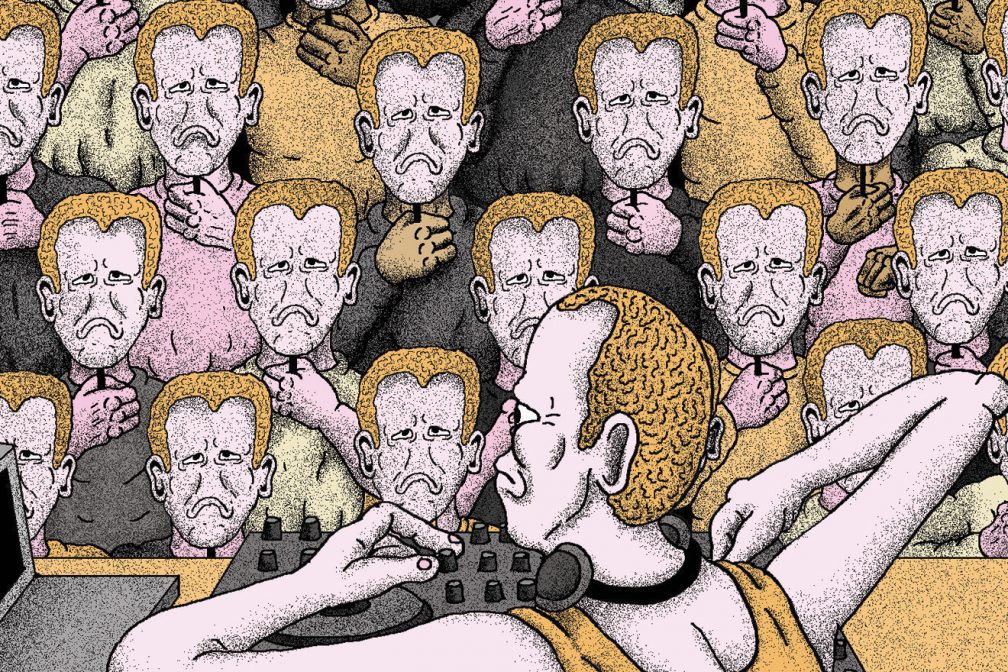 Comment
Comment
Attack of the clones: Copying a DJ's setlist is no substitute for talent
Tune identification online is a problematic thing for some DJs
If you have so much as walked past a British nightclub in the past few months, you’re more than likely to have heard the unmistakable rolling cowbells of ‘Rectum’ by Fango. Joy Orbison’s been playing it. Ben UFO’s been playing it. Gerd Janson’s been playing it. It’s become a mainstay of countless DJs’ sets, and it’s a sure-fire way to turn the temperature of the dancefloor up a notch or two. But who played it first? And does it matter that soon every wannabe packing a USB and a black T-shirt will be on it too? Do tunes maketh the DJ?
In the era of Shazam and The Identification of Music Group, it’s becoming easier and easier to pinpoint the tracks played by your peers. What was previously a heavily guarded hidden gem can blow up and become a staple of a number of DJs’ sets at the blink of an eye. For those in the dark, the IoMG is a closed Facebook group where clubbers put up shoddily shot videos of DJs playing, and ask the nearly 50,000-strong membership to identify exactly what track they’re spinning.
It’s a problematic development for some DJs – particularly those who’ve built a reputation around playing obscure, often previously unheard music in their sets. This particular mould of selector tends to hold their battle weapons close to their chest, unleashing them when least expected and building a persona around this element of mystery. For them, the notion of these songs being publicised to the world via the IoMG, and their full set lists being disclosed on sites like MixesDB, is an alarming and unwelcome development.
One DJ who has voiced concerns over this practice is Jackmaster. The Scotsman took to social media last month to call out ‘hugely overrated, basic DJs playing tracks that they have blatantly picked up from videos of me in The Identification of Music Group’. Who exactly the post was aimed at we’re not too sure, and it was deleted a few hours later. Nevertheless, it illustrates the frustrations felt by some in the industry over how easy it is for lazy DJs to copy their tunes rather than going to the effort of finding their own.


